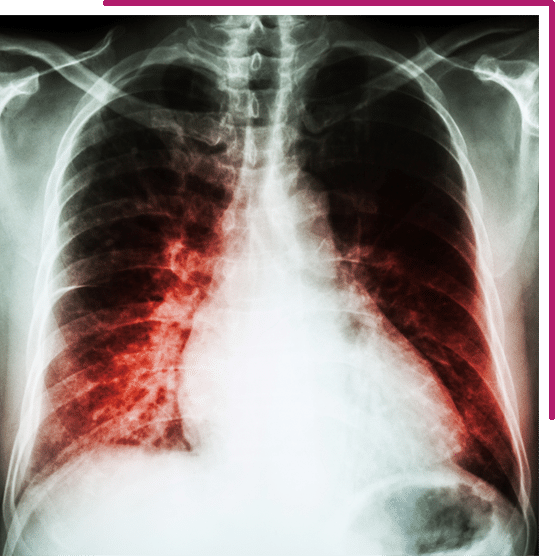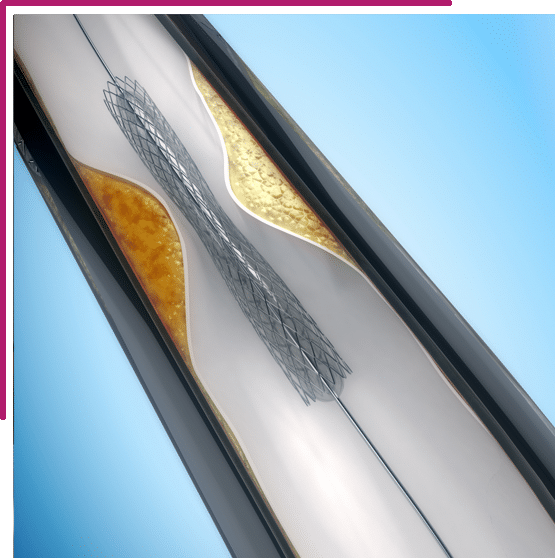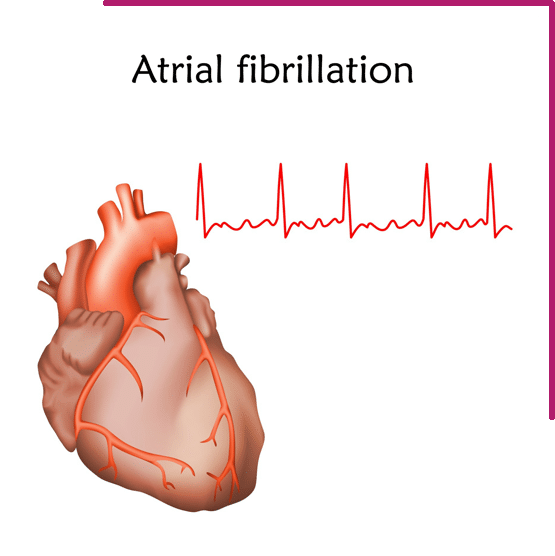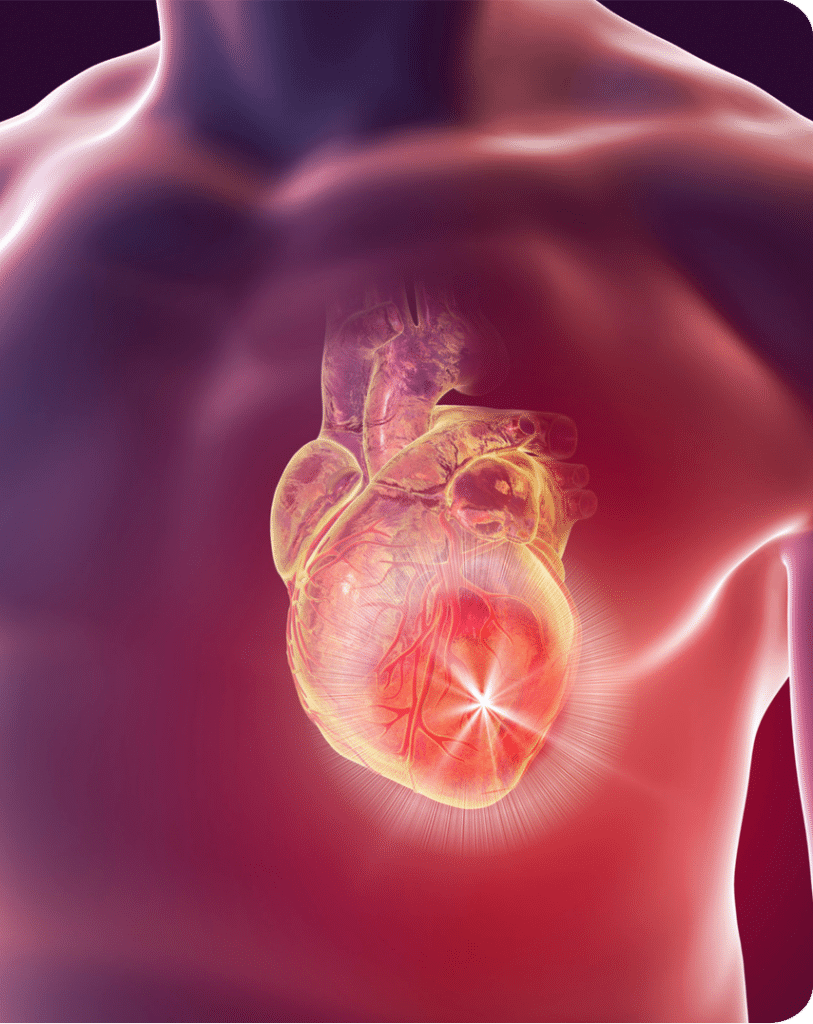Contents
Heart Conditions

High Blood Pressure (Hypertension)
Hypertension or high blood pressure occurs when the force of blood against the artery walls is high. High blood pressure is called a ”Silent killer”, since it usually has no sympotms and quietly cause serious problems such as kidney disease, heart attack, stroke and blindness. The increased force
damages arteries all over the body.
High blood pressure is lowered by a combination of lifestyle modification and drugs. You can begin lowering your blood pressure naturally by performing moderate physical activity 2 hours and 30 minutes a week, avoiding salty and highly processed food products, quitting smoking, limiting alcohol intake, and maintaining an ideal weight. Most people however also require drug treatment to bring the blood pressure under control.
Heart Failure.
Heart failure is a state when the heart is unable to pump efficiently and cannot keep up with the body’s demand for blood and oxygen. It is usually a chronic and progressive condition that can lead to breathlessness, fatigue, fluid retention and death. Diabetes, high blood pressure, alcohol abuse,and other heart problems are precipitating factors of heart failure. To diagnose heart failure, your doctor will perform a physical assessment and ask about your current health status and lifestyle. Also, there will be blood workups and a few cardiac tests, such as ECG and echocardiography
Management and treatment for heart failure depend on the extent of the disease process. Drug treatments are incredibly effective at preventing symptoms and prolonging life. In addition, some people benefit from special pacemakers, heart transplants and artifical heart pumps.


Angina
Angina is the medical term for chest pain, caused by blockages in the heart arteries. It occurs when the heart receives less oxygen than it needs.Angina is a symptom. Shortness of breath or chest pain/tightness that travels to the shoulder or arm are the common descriptions of angina. It is often difficult to tell if you are experiencing angina. However, if you are unsure, see Dr MacDonald so that he can examine you properly. In addition to the physical exam, you might also need to undergo a blood test, ECG, stress testing and heart imaging
Current management of angina involves medications, and sometimes treatment to unblock the heart arteries (revascularisation). Blockages can be treated with balloons to open them up and stents to keep the artery open. This is usually done by a minimally invasive procedure. Sometimes more invasivecoronary artery bypass grafting is required.
Atrial Fibrillation.
Atrial fibrillation is a type of arrhythmia characterized by rapid and irregular heart rate. The exact cause of atrial fibrillation is unknown, but several factors contribute to the condition, such as genetics, infections, and heart disorders. You are experiencing atrial fibrillation if you feel your heart ”races”. You may also encounter fatigue and chest pain. Performing an ECG confirms atrial fibrillation. Management and treatment for atrial fibrillation include medication and catheter ablation.


Arrhythmia
Arrhythmia is a medical term to describe abnormal heartbeat or/and heart rhythm. It means the heartbeat is too slow or too fast. It can also mean that your heart is firing extra heartbeats or skipping them.Congenital heart disease
Congenital heart disease refers to any defect or malfunction in the heart’s structure present since birth. Birth defects can range from minor problems to serious ones, which require surgical intervention.Coronary heart disease
Coronary heart disease is a state when the main blood vessels of the heart are narrowed, occluded, damaged, or diseased. As a result, the heart receives an inadequate supply of oxygen. Insufficient oxygen blood flow to the heart muscles triggers chest pain. If a coronary plaque ruptures the artery can be blocked very suddenly and this is called a heart attack.Cardiomyopathy.
Valvular heart disease refers to a group of disorders that affect the heart valves. Valvular heart disease can be due to aging, infection, or another heart disease. It can also be congenital. There are 4 main heart valves – Aortic, Mitral, Tricu spid and Pulmonary. The process of narrowing is called stenosis and leaking is called regurgitation.Myocarditis.
Myocarditis is the inflammation of the muscle (myocardium) layer of the heart as a result of infection, toxins, or immune reactions. People with myocarditis often experience abnormal heart rhythm or blood clots. Sometimes they intially present just like a heart attack.Pericardial disease
(or pericarditis). Pericardial disease is a heart condition that affects the outermost layer of the heart (pericardium). It can be a primary disease or a clinical manifestation of other heart or systemic health disorders, such as cancer.Contact Us
contact information
We aim to make our services as easily accessible as possible. Most appointments can be accommodated in 1-2 days, and if an emergency then we aim to see you on the same day. Give us a call and we can work around your schedule.







